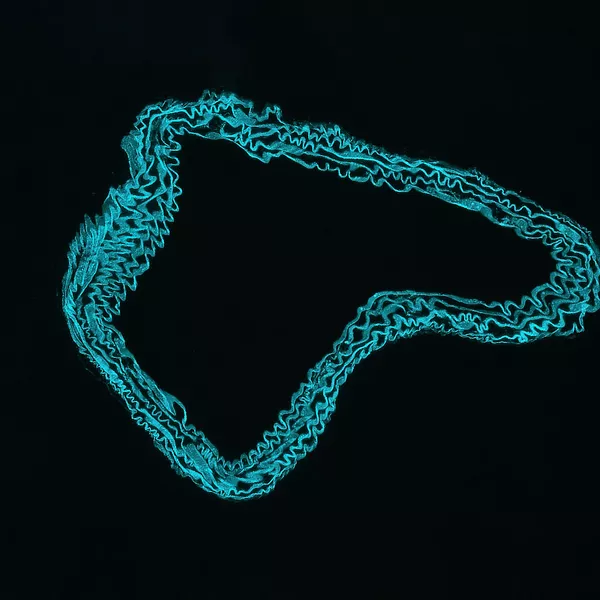Congratulations to Dr Mary Kavurma on being awarded a National Health and Medical Research Council (NHMRC) grant for her research into stimulating blood vessel growth to bypass arterial blockages caused by cardiovascular disease.
Gangrene can develop when circulation to a limb is cut off, such as in peripheral artery disease (PAD), a type of cardiovascular disease where blood flow is reduced due to narrowed arteries. In Australia, a limb is amputated every three hours; having diabetes elevates this rate to every 30 minutes. Alarmingly, amputation is the only treatment option for a limb that develops gangrene and starts to decay and die.
The groundbreaking research conducted by Dr Kavurma, Vascular Complications Group Leader, and her team of investigators from the HRI, Royal Prince Alfred Hospital (RPAH) and University of Minnesota was awarded an NHMRC Ideas Grant to study how blood capillary networks are formed when a vessel is blocked. The team uncovered important new mechanisms that stimulate new blood vessel growth, a process called angiogenesis. They found that this involves a naturally occurring molecule called TRAIL (TNF-related apoptosis-inducing ligand), expression of which is suppressed in cardiovascular disease. Experiments in model systems point to TRAIL as a key regulator of cell communication necessary for formation of stable and functional capillary networks.


